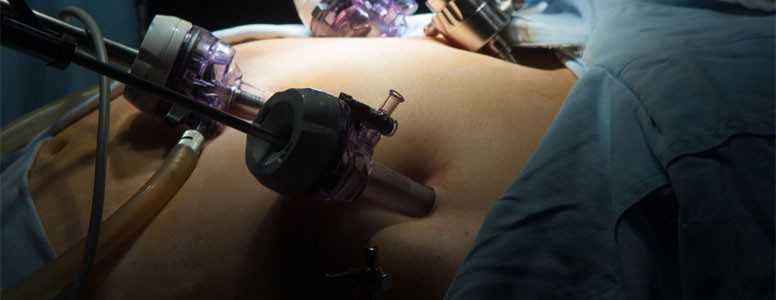The HbA1c test is a more accurate and convenient way to predict early indications of type 2 diabetes in children and teenagers than current methods, research has suggested.
HbA1c is used to check blood glucose levels from the previous two to three months and can be used to test people suspected of having type 2 diabetes. It measures the amount of glucose that has chemically bonded with red blood cells in the blood.
A team from the National Institute of Diabetes and Digestive and Kidney Diseases, National Institutes of Health, in Arizona, compared the fasting plasma glucose (FPG) and the 2-hour postload plasma glucose (2hPG) to the HbA1c test in measuring type 2 diabetes.
Study co-author Dr Madhumita Sinha said the HbA1c test was just as accurate and easier to conduct on young people because it does not require fasting. “In my opinio, no kid is fasting at 8 o’clock in the morning,” he told Medscape Medical News.
From 1965 to 2007, the research team studied 2,095 children aged between 10 and 19 years. They were monitored until they reached the age of 39.
They also looked at people aged between aged 20 and 39 years, who were monitored until they reached 59. All participants were American Indians.
In the children and teenager groups, 18.8 per cent were overweight and 53.1 per cent were obese. In the adult groups, 19.1 per cent overweight and 73.8 per cent were obese.
Despite the researchers looking at a group (American Indians) which is deemed to be at higher risk of developing diabetes, Sinha believes the findings can be translated to other groups.
Sinha said all the tests were carried out in the same lab which meant the way scientific method was “very standardised”.
Writing in the journal Diabetes Care, Sinha said: “The lack of a significant difference in [area under the curve] between HbA1c and the glucose measures suggests that all three tests have the potential to offer the same level of sensitivity and specificity, depending on the threshold chosen.”
Interestingly, this new long-term US study comes as a similar time as a University of Oxford study which calls into question the efficacy of HbA1c in screening those at high risk of type 2 diabetes.
What's new on the forum? ⭐️
Get our free newsletters
Stay up to date with the latest news, research and breakthroughs.


